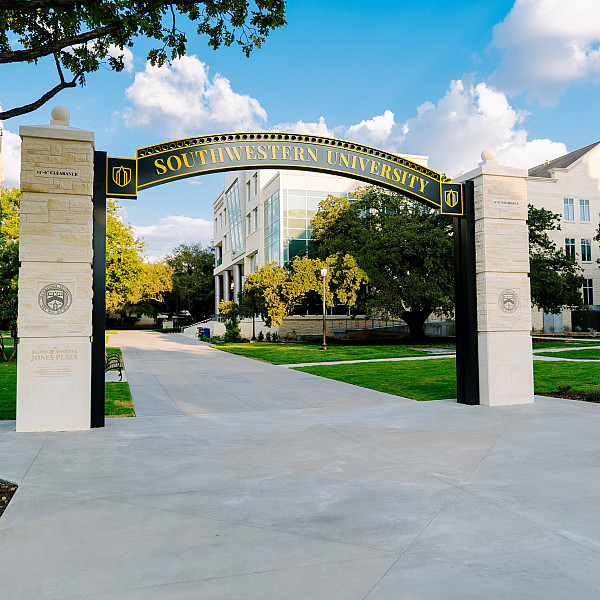Majors & Minors
History
The Southwestern History program provides students with a strong global perspective and a solid grounding in the methods and fields of history, while also encouraging interdisciplinary connections.
The Southwestern History program provides our students with:
- A global approach. We place the study of history in its global context, exploring the essential inter-connections and entanglements that tie regions of the world together, alongside their specific regional histories. We have faculty with expertise in Europe, Latin America, East Asia (China and Japan), Africa, the U.S., the Atlantic World, and the Mediterranean world (including North Africa).
- Interdisciplinary connections. We connect the discipline of history with many interdisciplinary interests, including the natural sciences, feminist studies, international studies, art, race/ethnicity, environmental studies, and social justice.
- Diverse interests and approaches. Members of our faculty work on issues of politics, economics, social processes, culture, and intellectual developments. They also have specific interests in histories of race, empire, gender, rights, science, religion, and the environment.
- Research opportunities for students. Our senior Capstone enables students to research and write an original piece of historical scholarship. Students may also apply for departmental honors, which includes an even more substantial individual research project.
- Lifelong skills. We help prepare students to explore the human condition in all its wonders, even as we provide them with reading, writing, analytical, and critical thinking skills essential for careers in such fields as law, medicine, education, journalism, and business, as well as in nonprofit organizations (including museums and libraries) and in the public sector.
How do we accomplish these goals?
Historians learn to appreciate both the limits and the possibilities of our own age by poring over the stories of those who have come before us, piecing together the powerful elements of social movements and scientific innovation, and developing an understanding for how modern cultures and societies evolved out of the confluence of their past conditions.
Beginning with introductory courses in world history and area studies, the History curriculum prepares students for advanced courses on a range of topics, themes, and methods of history, and for historical research experience. The Department strongly encourages students to pursue off-campus international, intercultural, and academic internship experiences as a part of their curriculum, in order to experience the power of exploring another culture and its history firsthand.
With their understanding of the past and the historical insight gained through their studies, History students typically go on to careers in all levels of education and government, as well as in law, social service, communications, museum and archival work, and business.






















